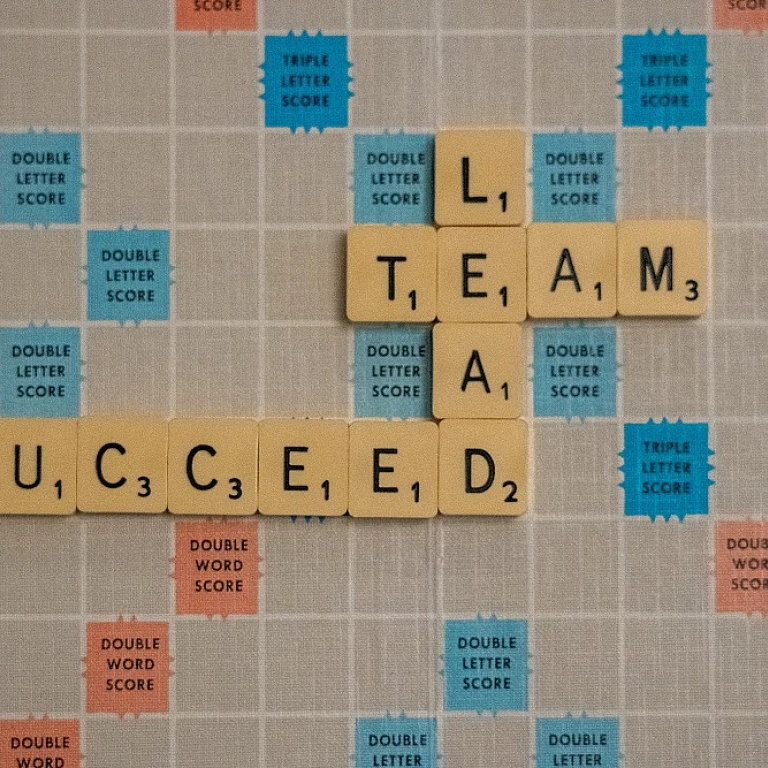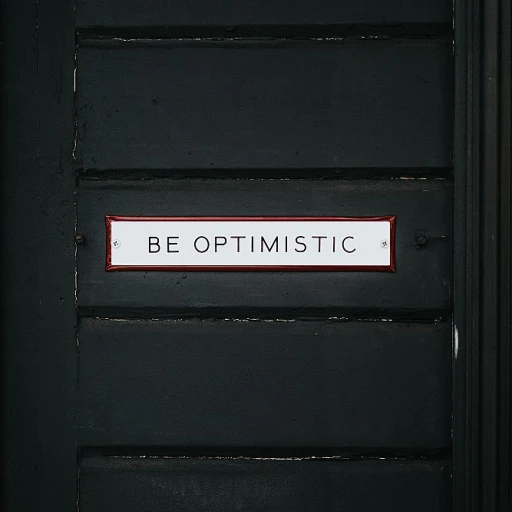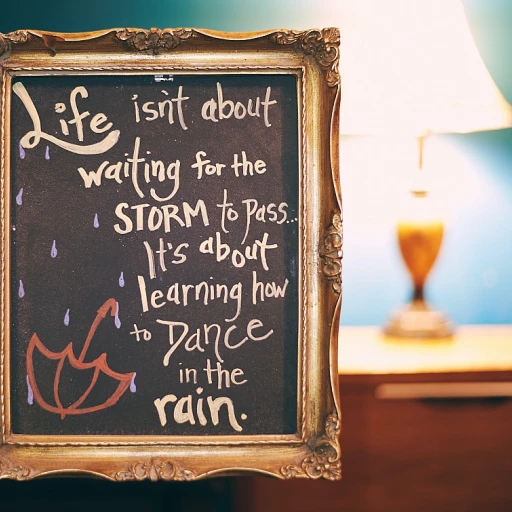
Understanding the role of a paraeducator
The Paraeducator’s Place in the Classroom
Understanding the role of a paraeducator is the first step to preparing for a successful interview. Paraeducators, also called paraprofessionals or teaching assistants, work closely with teachers and students to support learning and maintain a positive classroom environment. Their responsibilities can vary depending on the school, the needs of the students, and the specific education program.
- Supporting students: Paraeducators help students with academic tasks, social skills, and sometimes personal care, especially in special education settings. They often work with small groups or one-on-one to reinforce lessons and promote student progress.
- Assisting teachers: They help teachers by preparing instructional materials, managing classroom activities, and providing feedback on student learning. This support allows lead teachers to focus on delivering lessons and addressing individual student needs.
- Creating a positive learning environment: Paraeducators play a key role in classroom management, using positive reinforcement and building positive relationships with students to encourage good behavior and engagement.
- Adapting to different needs: The job often requires flexibility, as paraprofessionals may need to handle a variety of tasks, from supporting students with disabilities to helping with classroom organization.
Interview questions for paraeducator roles often focus on your ability to support students, work with teachers and staff, and handle classroom challenges. Interviewers may ask you to describe a time you helped students overcome obstacles or how you would respond to specific situations in the classroom. Your experience, skills, and understanding of the learning environment are all important factors.
For more essential insights into the paraeducator role and how it fits within the broader education landscape, you can explore essential insights for HR job interviews on our blog.
Common paraeducator interview questions
Key Interview Questions You Should Expect
When preparing for a paraeducator or paraprofessional interview, it’s important to anticipate the types of questions you might face. These questions are designed to assess your understanding of the classroom environment, your ability to support students and teachers, and your experience in education settings.- Why do you want to work as a paraeducator?
Interviewers want to know your motivation for supporting students and teachers. A sample answer could focus on your passion for helping students succeed and your commitment to creating a positive learning environment. - How would you handle a disruptive student in the classroom?
This question evaluates your classroom management skills. You might describe a time you used positive reinforcement or worked with the lead teacher to address student behavior. - Describe your experience working with students who have special education needs.
Highlight any experience you have supporting students with diverse learning needs. Mention specific strategies or instructional materials you have used to help students progress. - How do you support teachers and staff in the classroom?
Interviewers want to see that you can work collaboratively. Talk about how you assist with small group instruction, help prepare materials, or fill in for the teaching assistant when needed. - Can you give an example of how you’ve built positive relationships with students?
Share a real situation where you helped a student feel included or supported, showing your ability to foster a welcoming classroom environment. - What would you do if you disagreed with a teacher’s approach?
This question tests your professionalism and communication skills. Focus on respectful communication and your willingness to support the lead teacher while advocating for student learning. - How do you track student progress?
Explain any methods you use to observe, record, and report on student learning, especially if you have experience in special education or with paraprofessionals. - Describe a time you had to adapt to a change in the classroom.
Show your flexibility and problem-solving skills by sharing how you handled a sudden change, such as a new student or a shift in classroom routines.
What Makes These Questions Important?
These interview questions help employers understand how you would fit into their school community and support students’ educational journeys. They’re looking for candidates who can work effectively with teachers, manage classroom challenges, and contribute to a positive learning environment. For more practical advice on preparing for HR job interviews, you can check out this guide on how to succeed in Sealy jobs interviews. Remember, your answers should reflect your real experience and skills, demonstrating your readiness to help students and teachers thrive.What interviewers are really looking for
What Do Interviewers Value in Paraeducator Candidates?
When you step into a paraeducator interview, it’s important to know what the interviewers are truly seeking. Beyond your resume and qualifications, they want to understand how you will contribute to the classroom, support students, and work alongside teachers and staff. Here’s what typically stands out to hiring teams:
- Commitment to Student Support: Schools look for paraprofessionals who are dedicated to helping students learn and thrive. Interviewers may ask you to describe a time you helped students overcome challenges or supported student learning in a small group setting. They want to see your passion for education and your ability to foster a positive learning environment.
- Collaboration with Teachers: Paraeducators work closely with lead teachers and other staff. You might get questions about how you’ve previously supported teachers, managed instructional materials, or contributed to classroom management. Interviewers want to know you can build positive relationships and communicate effectively with the teaching team.
- Adaptability and Problem-Solving: Every classroom is different, and paraprofessionals often need to handle unexpected situations. Be ready for scenario-based interview questions that ask how you would respond to disruptions, support students with special education needs, or adjust your approach to meet diverse student needs. Your sample answer should show flexibility and a calm, supportive attitude.
- Experience with Positive Reinforcement: Schools value paraprofessionals who use positive reinforcement to encourage student progress and maintain a supportive classroom environment. You may be asked to describe a time you used positive reinforcement or helped students develop social-emotional skills.
- Understanding of the Paraeducator Role: Interviewers want to see that you understand the responsibilities of a paraprofessional, from assisting with instructional materials to supporting classroom management. If you’re unsure about the specifics, reviewing how requisition numbers relate to HR job interviews can help clarify the hiring process and expectations.
Ultimately, interviewers are looking for candidates who can fill the gap between teachers and students, ensuring every student receives the support they need. Your ability to describe your experience, skills, and approach to working in a school setting will help you stand out in the interview process.
How to highlight your experience and skills
Showcasing Your Impact in the Classroom
When preparing for a paraeducator interview, it’s important to clearly demonstrate how your experience and skills directly support students and teachers. Interviewers want to see how you have contributed to a positive classroom environment and helped students achieve their learning goals. Use specific examples from your work in education, whether as a paraprofessional, teaching assistant, or in another support role.
- Describe a time you helped students overcome challenges. For example, explain how you supported a student with special education needs or helped a small group master a difficult concept.
- Highlight your classroom management skills. Share how you help maintain a safe, respectful, and productive learning environment, using positive reinforcement and clear expectations.
- Talk about your ability to work with teachers and staff. Give examples of how you collaborate with the lead teacher to prepare instructional materials, adapt lessons, or monitor student progress.
- Show your understanding of student learning and how you adjust your support to fit different needs. Mention any experience you have with individualized education plans or supporting students in special education settings.
Answering Interview Questions with Confidence
Many paraprofessional interview questions focus on your real-world experience. Prepare sample answers that highlight your skills and your commitment to helping students succeed. For example, you might be asked how you would handle a disruptive student or how you support a positive classroom environment. Use the STAR method (Situation, Task, Action, Result) to structure your responses and clearly show your impact.
| Interview Question | Sample Answer Focus |
|---|---|
| How do you support students who are struggling? | Describe how you identify student needs, adapt instructional materials, and use positive reinforcement to encourage progress. |
| Can you give an example of working with a lead teacher? | Share a story about collaborating to plan lessons, manage the classroom, or track student learning. |
| How do you handle challenging behavior in the classroom? | Explain your approach to classroom management, focusing on support, consistency, and maintaining a positive learning environment. |
Remember, the goal is to show how your experience as a paraprofessional or teaching assistant has prepared you to help students and teachers succeed. Emphasize your adaptability, your commitment to education, and your ability to build positive relationships in the school community.
Handling scenario-based and behavioral questions
Approaching Scenario-Based and Behavioral Interview Questions
Scenario-based and behavioral interview questions are a key part of the paraeducator interview process. These questions help interviewers understand how you would handle real situations in the classroom and how you have responded to challenges in the past. They often start with prompts like "Describe a time when..." or "How would you handle..." and focus on your ability to support students, teachers, and the overall learning environment.- Classroom management: You may be asked how you would help maintain a positive classroom environment or support the lead teacher with student behavior. For example, "Describe a time you helped manage a disruptive student." A strong answer highlights your use of positive reinforcement and collaboration with teachers to support students and maintain order.
- Supporting diverse learners: Interviewers often want to know how you adapt instructional materials for students with different needs, especially in special education settings. You might get a question like, "How do you help students who are struggling to keep up?" Here, emphasize your experience working with small groups, using differentiated instruction, and communicating with teachers staff to monitor student progress.
- Building positive relationships: Questions about building rapport with students and teachers are common. For example, "Can you give an example of how you established a positive relationship with a student or teacher?" Discuss your approach to creating trust, supporting student learning, and working as part of a team of paraprofessionals.
- Handling conflicts: You might be asked, "How would you handle a disagreement with a teacher or another paraprofessional?" Show your ability to communicate professionally, listen actively, and focus on what is best for the students and the school.
Sample Answer Structure for Behavioral Questions
A helpful way to organize your responses is the STAR method:- Situation: Briefly describe the context (e.g., a busy classroom or a challenging student).
- Task: Explain your responsibility or the problem you needed to solve.
- Action: Detail the steps you took, such as collaborating with the lead teacher or using specific classroom management techniques.
- Result: Share the outcome, focusing on how your actions helped students or improved the learning environment.
Tips for Answering Scenario-Based Interview Questions
- Be specific about your experience as a paraprofessional or teaching assistant. Mention how you have supported students and teachers in real situations.
- Highlight your skills in classroom management, adapting instructional materials, and fostering positive relationships.
- Show your understanding of the importance of supporting student learning and maintaining a safe, inclusive classroom environment.
- Use examples from your previous work in education, whether you worked student by student or with small groups.
Practical tips for a successful paraeducator interview
Preparation Strategies That Make a Difference
- Research the school and its values. Understand the classroom environment, the student population, and the school’s approach to education. This helps you tailor your answers to show you can support students and teachers effectively.
- Review the job description. Identify the key skills and responsibilities for paraprofessionals, such as classroom management, supporting special education, and working with small groups. Prepare examples from your experience that match these needs.
- Practice with sample interview questions. Focus on questions about how you handle challenging situations, support student learning, and work with teachers staff. Prepare a sample answer for questions like, “Describe a time you helped a student overcome a learning challenge.”
- Highlight your experience with instructional materials. Be ready to discuss how you’ve used or created resources to help students and support the lead teacher or teaching assistant in the classroom.
- Showcase your ability to build positive relationships. Interviewers want to see how you use positive reinforcement and communication skills to create a supportive classroom environment and help students feel included.
On the Day: Practical Tips for Success
- Arrive early to the interview. This shows professionalism and gives you time to relax and review your notes.
- Dress appropriately for a school setting. Even if the job is hands-on, a neat appearance helps make a good impression.
- Bring relevant documents, such as your resume, certifications, and any letters of recommendation that highlight your work in education or as a paraprofessional.
- Listen carefully to questions and take a moment to think before answering. If you’re asked to describe a time you worked with a challenging student, use the STAR method (Situation, Task, Action, Result) to structure your response.
- Ask thoughtful questions at the end of the interview. You might ask about the school’s approach to supporting paraprofessionals, or how teachers and paraprofessionals collaborate to support student progress.
Demonstrating Your Fit for the Role
- Emphasize your commitment to creating a positive learning environment and supporting all students, including those in special education.
- Share examples of how you’ve handled classroom management or helped students in small group settings.
- Show that you understand the importance of teamwork with teachers and other staff to help students succeed.
By preparing thoroughly and focusing on your relevant skills and experience, you’ll be ready to fill the role of a paraprofessional and make a strong impression in your interview.













